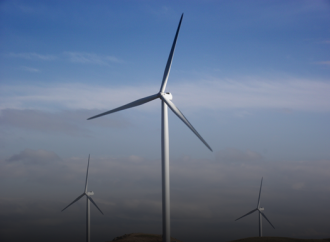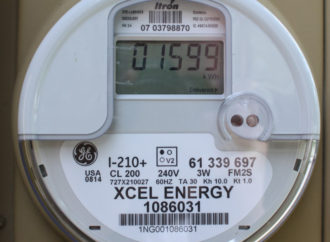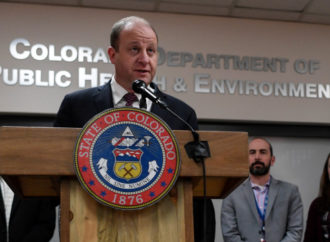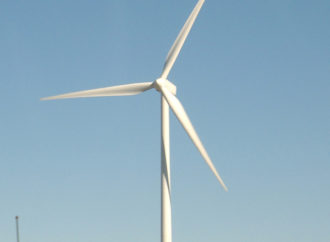What Does the Constitution Mean by “Natural Born Citizen?”
- December 4, 2023

Ratepayer interests received a small win from Colorado regulators overseeing Xcel Energy’s latest resource plan. The Colorado Public Utilities Commission (PUC) pared back Xcel’s $15 billion request to build wind, solar, batteries, and new transmission lines by around $3 billion last week. The PUC’s trimming of Xcel’s request came as it approved an alternative resource
READ MORE
Independence Institute has a long track record of warning against the unhealthy incentives that can arise from the relationship between monopoly electric utilities and green policymakers. Once viewed as rivals of one another, the two sides realized a few years back that coexisting as fellow travelers on the road to the so-called clean energy transition
READ MORE
Primum non nocere. Translation: first, do no harm. It’s a phrase that has been part of the medical ethics lexicon since the 17th century. Coloradans would have been wise to apply it to energy policy some two decades ago, when the eco-left began politicizing energy production, electricity, and our grid. Flanked by low-income customers, Governor
READ MORE
Policy analyst Jake Fogleman joined the George Brauchler Show on 710 KNUS to talk about the sky-high energy bills Xcel customers have been seeing this winter due to a pancaking series of rate hikes granted by the Colorado Public Utilities Commission. They also discuss who is ultimately to blame for those rate hikes, the reality
READ MORE
A new report from the Colorado Public Utilities Commission is sounding alarm bells on the reliability risks posed to the state’s grid as wind and solar continue to replace fossil fuel plants. According to Colorado Public Radio: Heat waves and freezing temperatures won’t be the only risks for Colorado’s power grid in the future, state regulators
READ MORE
Colorado’s largest utility is back before the PUC requesting another rate increase, this time a $312.2 million bump in electric rates. The request is just the latest to arrive in 2022, a year that has come to represent a cost-hike bonanza for the energy monopoly. The PUC already approved a $182.2 million electric rate hike
READ MORE